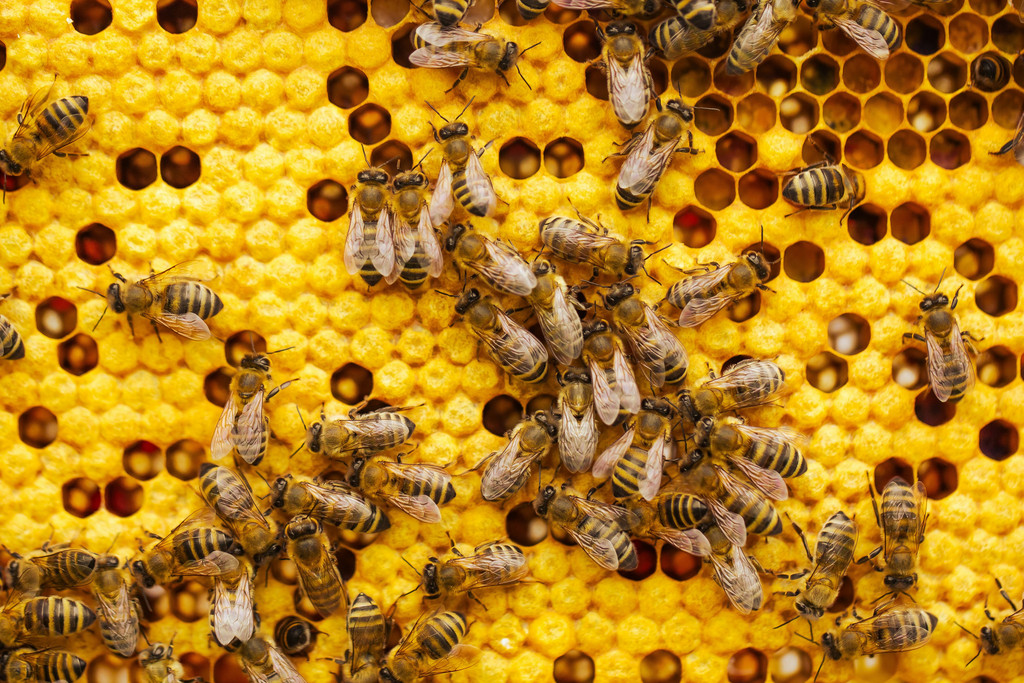It was in the spring 21 years ago that Urs Widmer – who was attracting huge attention globally with the hit outsourcing comedy “Top dogs” – informed his publisher about a novel entitled “Im Kongo” (In the Congo). People asked themselves in astonishment whether the then 58-year-old, Basel-born writer, who had lived in Frankfurt for many years but was now based in Zurich, had spent time in Africa at some point in between or had at least kept a trip to the jungle secret from the public. When the novel was unveiled in autumn 1996, it was written from the perspective of a geriatric nurse from Zurich taken to the Congo by a mysterious twist of fate where he writes his memoirs on a laptop.
His name is Kuno Lüscher and, before he turns his attention to the surrounding forest and produces lines like “In the nights of the full moon, you offer up fruit to the mighty one,” he focuses on his father. In the tales which the chief spy of the legendary Swiss Viking Line told his son, Hitler appears in leather trousers and Eva Braun in a nightgown, but the spy thriller also claims victims like Kuno’s mother whom the clever spy was unable to save. In the third chapter attention shifts to the Congo and we discover the adventure that led to Lüscher becoming an African tribal chief.
Drinking and ecstasy
On behalf of a Swiss brewery, Kuno travels to Kisangani to inspect the branch run by his childhood friend Willy. However, it is not Willy he encounters first but a black lady who claims to be his former lover Sophie who is now married to Willy and without further ado gets him into bed where “waves of ecstasy sweep over them”. When another person of colour pretends to be Willy, Kuno is convinced he is dealing with a band of murderers and fraudsters and only gives credence to the change of skin colour when the black Willy sings the “Sechseläutenmarsch” – the unofficial anthem of Zurich – and Kuno notices with astonishment how his own skin begins to change from white to black when drinking the Congolese special brew Anselme Bock.
Initially as Willy’s great-vizier and, after a victorious battle, as chief, Kuno spends the rest of his life in the Congo, goes around in a loincloth and at night snuggles up with Anne, his colleague from the old people’s home whom he long admired in vain. He has won her over on a trip to Zurich after she once told him he would have to wait for her until he turned black. The forest also excites Kuno “like never before”. “I explore this paradisiacal hell every evening. There are sounds the likes of which you have never heard before. A noise that could be the reverberations of the big bang.”
What has been invented, and what not?
Urs Widmer told the “Berner Zeitung” that he had never been to the Congo. “The entire book is a kind of wish fulfilment.” When I visited him in his writer-in-residence apartment in September 1996 in Zurich’s Hottingen district, Widmer was sitting at his IBM typewriter into which he had typed the first part of the planned volume “Vor uns die Sündflut”. He told me about his uncle Emil Häberli, who was heavily involved with the Viking Line, but also about the sunset in Timbuktu, where the sun fell “into the horizon like a plane crashing”. I looked around and noticed that on a shelf, alongside a rubber dwarf from his childhood days, there was a beer bottle with the coat of arms of Zaire and that beneath the pages of discarded drafts, which he had thrown onto the floor behind his desk, something like the cover of a laptop could been seen and, on closer inspection, Widmer’s face bore clear traces of a suntan.
Charles Linsmayer is a literary scholar and journalist in Zurich.
“All the same, I don’t want to eat until I’m finished. Three days should be enough to write and fast. If I don’t take any breaks, I should manage to take myself from the distant past to the present in 72 hours. Memory and life will be one for a precious moment. After that, it doesn’t matter how I finish the book.”
From Urs Widmer, “Im Kongo”, Diogenes, Zurich, 1996
Bibliography: “Im Kongo” was published in 1996 by Diogenes in Zurich.











Comments